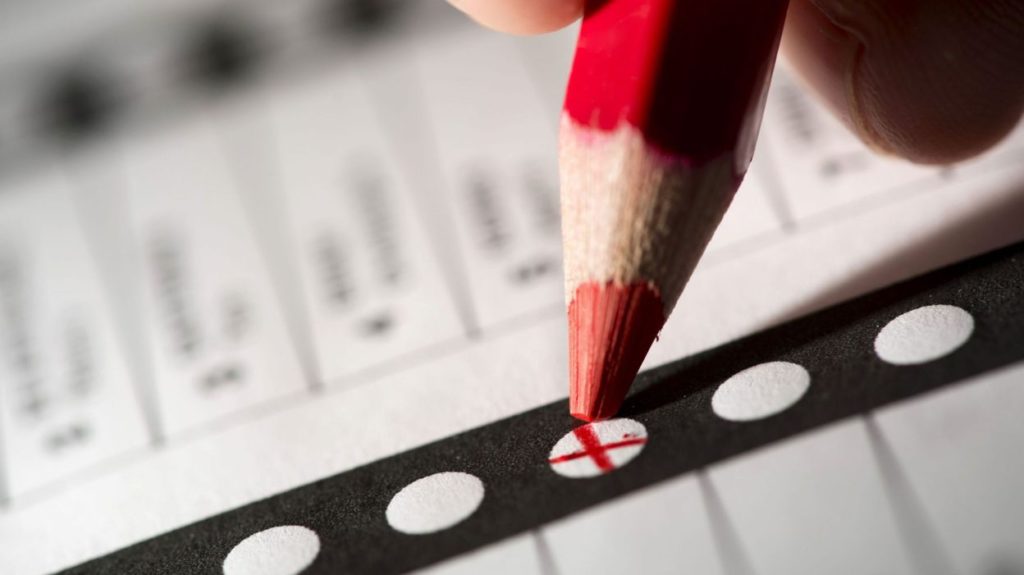With federal, regional and European elections approaching in about a month, some of the major Belgian media from both sides of the language divide have published the results of their political barometer. The barometer is essentially a wide-ranging opinion poll covering voting intentions, reactions on particular policy positions and a performance review of politicians and parties for the legislative period now just ending. Some extracts:
Paul Magnette and Elio Di Rupo, two socialist leaders, have the highest approval ratings in Wallonia, on 34% and 29% respectively, ahead of Jan-Marc Nollet of Ecolo on 25%.
Outgoing prime minister Charles Michel of MR sits in ninth place on 21%, three points behind his party colleague, foreign affairs and defence minister Didier Reynders. Michel is only one point ahead of Raoul Hedebouw of the far-left PTB. More surprisingly, perhaps, is the appearance of Theo Francken in 14th place with 18%.
In Flanders, the list is headed by Bart De Wever and his N-VA colleague Theo Francken in first and second place, with 41% and 40% approval. De Wever has ambitions to become the next Flemish minister-president.
The incumbent, Geert Bourgeois (N-VA) goes to the European Parliament carrying an approval rating of 26%. In all, seven members of N-VA are in the top 20 in Flanders, among them would-be prime minister Jan Jambon. The sole socialist, party president John Crombez, languishes in 16th place with 24%.
In Brussels, French-speaking parties take 19 of the top 20 places, the exception being federal minister Alexander De Croo (Open VLD) on 21%, who also did almost as well in Wallonia, where he scored 19%.
The Brussels list is headed by Olivier Maingain (Défi) on 33%. Interestingly, he is the only politician in the top five who has links to Brussels, the others being Reynders (Liege), Magnette (Charleroi), Michel (Namur and Wavre) and Di Rupo (Mons).
Further down the list, the voters of Brussels are unimpressed by outgoing politicians, with former minister-president Rudy Demotte at 10, outgoing environment minister Céline Fremault at 12, current minister-president Rudi Vervoort at 13 and mobility minister Pascal Smet at 15. CDH vote magnet Joëlle Milquet in sixth place with 24% approval announced she is not standing in the federal election three days after polling started.
On the issues, all three regions voted heavily against raising the retirement age to 67 years, with Wallonia in the lead with 81% against, compared with 75% in Flanders and 71% in Brussels. Also in Wallonia, a plurality of voters came out against doing away with company cars, one of the principal measures proposed in Belgium for tackling climate change. The region's voters were 47% against and 33% in favour, with 16% undecided.
In the meantime, Flemish voters were in favour of offering apologies to Congo for Belgium's colonial past (51% for) and of turning out to vote even in the absence of a legal obligation (59% for). They voted against doing away with short-haul air flights (47% against) and bringing Syria fighters back to Belgium to be tried (61% against).
The poll used to compile the barometer was carried out between 25 March and 15 April by telephone to a sample of 2,769 voters, on a commission from La Libre, the RTBF, the VRT and De Standaard. The margin of error 3.1% in Flanders and Wallonia, 3.6% in Brussels.
Alan Hope
The Brussels Times

